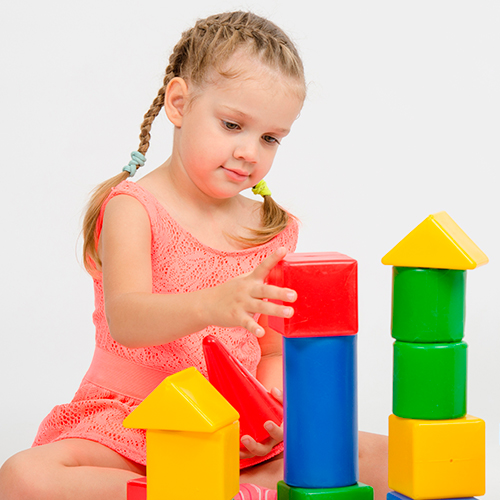Redirecting Children’s Behavior

Redirecting Children’s Behavior (RCB) is a five-week course based on author Kathryn Kvols’ popular book Redirecting Children’s Behavior. (Jack Canfield, parent and author of Chicken Soup for the Soul calls it “the best, most useful book on parenting I’ve ever read.”)
Throughout the course, we’ll teach you effective new ways to interact with your children. We’ll not only talk about these techniques, but actively demonstrate them. We’ll supervise and guide you as you practice your new found skills. You’ll get to ask questions about situations specific to your family and acquire new tools with which to handle them. Our certified parenting instructors will help prepare you for difficult, challenging situations even before they occur.
Does this feel like a familiar scenario?…
Your friend stops by, and you sit down to chat. Like clockwork, your four year old starts tugging on your sleeve. She wants her favorite doll and wants you to go with her to get it. You stop mid-sentence and tell her to find another toy to play with.

The story usually goes like this…
Your daughter leaves but just moments later returns with another request, and this cycle repeats for another ten minutes as your frustration steadily builds. You can’t hold a decent conversation with your friend because you can’t even complete a sentence without being interrupted. Finally you explode. You’re yelling, your daughter is crying, and your friend is quietly slipping out the door.
Now, let’s look at an alternate ending…
Because you recognize this as undue attention-getting behavior, you continue your conversation, making no eye contact with your child. Instead, you begin to gently rub her back—giving her physical contact but not allowing her to interrupt. You continue for a few minutes—saying nothing to her, making no eye contact, yet showing her loving physical affection. Eventually she begins to quietly flip through a book or runs along to play.

Can it really be this simple? YES!
So, how do you learn the effective technique used in the second scenario above? It’s easier than you may think. In RCB, you’ll learn over 100 effective and empowering techniques to interact more effectively with your children. Be advised, however, that the purpose of this course is not to arm you with the means to control your children. Instead, we teach methods to bring about positive change in your home atmosphere and the interactions among the adults and children in your family.
If you practice diligently what we teach, you will actually have the power to turn your home from one filled with yelling, fighting, chaos and frustration to a peaceful place where everyone works together, demonstrates mutual respect, talks, listens and remembers to laugh. Who wouldn’t want to grow up in that home?
RCB will help you develop the skills to:
- Resolve conflicts without power struggles
- Reduce arguing and yelling leaving more time for fun and authentic interaction
- Effectively foster positive changes in your child’s behavior
- Create a home environment based on mutual respect and shared responsibility
- Assist your kids in becoming self-confident and self-sufficient
- Allow you to be calmer and use less energy in dealing with kids
- Build real confidence in your parenting ability

RCB benefits children by fostering an environment that allows them to:
- Experience calmer, happier parents and a more peaceful home
- Understand the correspondence between rights and responsibilities
- Acquire good decision-making and problem-solving skills
- Become more self-confident and self-reliant
- Communicate more effectively with their parents and other adults
- Become comfortable with openly sharing their feelings and emotions
- Experience a secure sense of belonging and significance